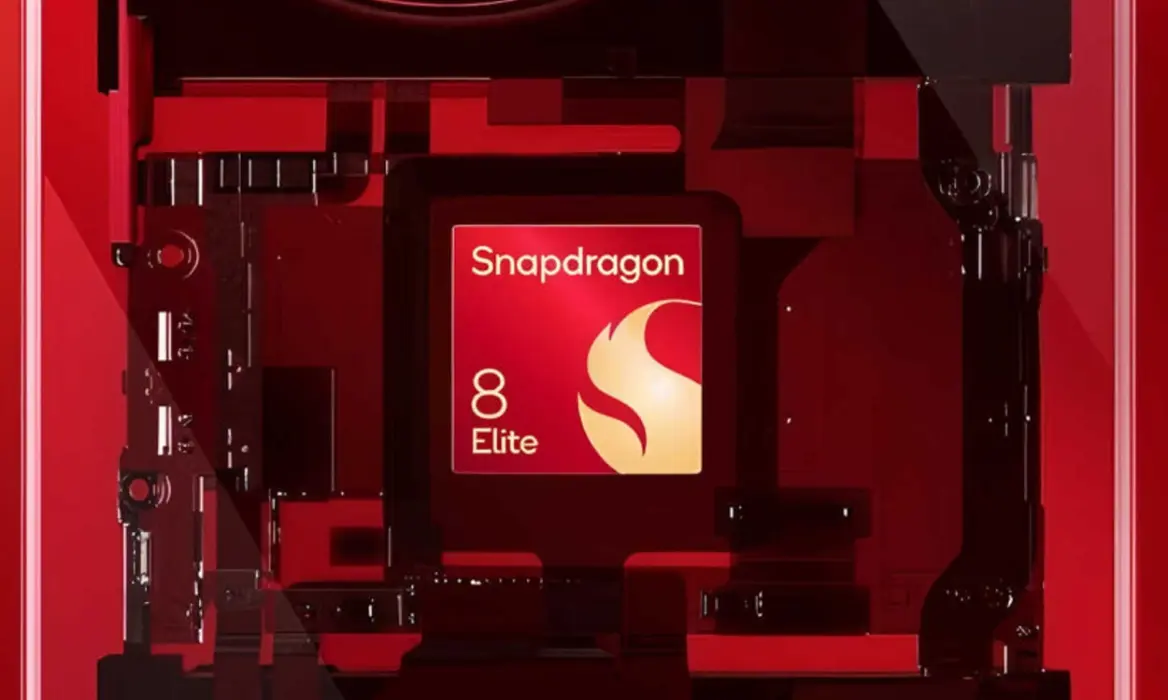Realme has introduced its latest smartphone, the GT 7 Pro, featuring the Snapdragon 8 Elite chipset. Interestingly, the early review units sent to reviewers mistakenly labeled the chipset as Snapdragon 8 Gen 4, which was the expected name for the new SoC before Qualcomm opted for “Snapdragon 8 Elite.”
This early release highlights Realme’s eagerness to get its latest technology into the hands of reviewers, allowing for some of the first impressions of Snapdragon 8 Elite’s performance potential, especially compared to last year’s Snapdragon 8 Gen 3.
The Realme GT 7 Pro, powered by the new Snapdragon 8 Elite, promises a significant performance boost. However, early stress tests conducted by Android Authority and Digital Trends revealed some issues with overheating.
During GPU-intensive benchmarks, the smartphone couldn’t complete the tests due to thermal limitations, suggesting that the SoC may be running hotter than anticipated. This performance dip has raised concerns over the chipset’s thermal efficiency in extreme processing conditions, which could impact its appeal for power users or gamers.

Android Authority discovered that the overheating issues could be related to Realme’s benchmark optimization settings, commonly used by manufacturers to enhance benchmark scores artificially. These settings may push the device to perform at unsustainable levels in synthetic tests, leading to thermal throttling or shutdowns.
Interestingly, when Android Authority ran the same tests on a disguised version of the benchmarking app, the GT 7 Pro completed the test without any overheating, implying that the issue might be more about optimization choices than a fundamental hardware limitation.
Similarly, Digital Trends encountered minor heating issues during gameplay, although the Snapdragon 8 Elite remained stable during a 30-minute session of Asphalt Legends Unite. Unlike the GPU benchmarks, where the device overheated, gaming produced only mild temperature increases, suggesting that typical usage scenarios might not experience the same thermal problems.
This performance under real-world conditions suggests that the overheating may be limited to specific benchmarking configurations rather than general use.
The Realme GT 7 Pro’s performance in early tests shows promise, but the overheating observed in stress tests highlights areas that may need refinement. Android Authority has pointed out that Realme’s benchmark optimizations likely cause this issue, which could be resolved with a software update.
As a result, users might expect improved performance in later iterations, and devices from other brands using the Snapdragon 8 Elite may not exhibit the same overheating patterns. This early review round suggests that while the Snapdragon 8 Elite is powerful, software optimizations are crucial for balancing performance and thermal management.







Leave a Reply